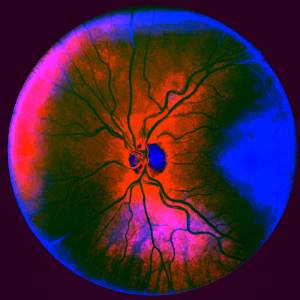Still Life (Tuesday 5th April 2022)
My quarterly delivery from Craft Gin Club was delivered on Friday and I set this display up in the porch, but then realised that subscribers had been requested to keep the contents under wraps until Tuesday, by which time all packages should have been delivered. Therefore I didn't actually take this image until today, which meant not sampling anything beforehand. The things we do for Blip!
L.
Tuesday 5.4.2022 (1453 hr)
Blip #3621 (#3370 + 250 archived blips taken 27.8.1960-18.3.2010)
Consecutive Blip #010
Blips/Extras In 2022 #059/265 + #025/100 Extras
Day #4396 (1029 gaps from 26.3.2010)
LOTD #2765 (#2605 + 160 in archived blips)
Diary Blip series
Gin series
Craft Gin Club series
Still Life series
Taken with Pentax K-5 and Pentax HD P-DA 35mm F2.8 macro prime limited lens
One year ago:
The Waterfront Garden ('Sunset Shades' Cowslips)
Lozarhythm Of The Day:
The Byrds - The Bells Of Rhymney (recorded 14 April 1965, Columbia Studios, Hollywood CA)
This was played by Huw Stephens (standing in for Iggy Pop) to celebrate Welsh music and heritage. The Bells of Rhymney is a song first recorded by folk singer Pete Seeger, which consists of Seeger's own music accompanying words written by Welsh poet Idris Davies.
The lyrics to the song were drawn from part of Davies' poetic work Gwalia Deserta, which was first published in 1938. The work was inspired by a local coal mining disaster and by the failure of the 1926 General Strike, with the "Bells of Rhymney" stanzas following the pattern of the nursery rhyme "Oranges and Lemons". In addition to Rhymney, the poem also refers to the bells of a number of other places in South Wales, including Merthyr, Rhondda, Blaina, Caerphilly, Neath, Brecon, Swansea, Newport, Cardiff, and the Wye Valley.
Two decades after Gwalia Deserta was published, Seeger used one part of the work as lyrics for his song after discovering them in a book by Dylan Thomas.
Arguably the most famous rendition of the song is the version recorded by the American folk rock band the Byrds. The Byrds' recording was released as part of the band's debut album, Mr. Tambourine Man. At the time of recording, the song was a relative newcomer to the Byrds' repertoire, having first been performed during the band's March 1965, pre-fame residency at Ciro's nightclub on the Sunset Strip in Los Angeles. Lead guitarist Roger McGuinn (at that time known as Jim McGuinn) had brought the song to the band after becoming familiar with it as an arranger on Judy Collins' third album, Judy Collins 3, which itself included a cover version of The Bells of Rhymney. Although the Byrds were anxious to correctly pronounce the Welsh place-names in the song's lyrics on their recording, they, like Seeger, actually mispronounced the name Rhymney as "Rimney" (it should be pronounced as "Rumney").
Author Chris Smith has made mention of the presence of a number of the Byrds' early musical trademarks in their recording of The Bells of Rhymney, including their complex harmony singing and McGuinn's jangly twelve-string Rickenbacker guitar playing. In his book Icons of Rock: An Encyclopedia of the Legends Who Changed Music Forever, author Scott Schinder has noted that the band's rendition of the song "managed to craft the dour subject matter into a radio-friendly pop song without sacrificing the song's haunting message."
The Byrds' recording of The Bells of Rhymney was also influential on the Beatles, particularly George Harrison, who constructed his song If I Needed Someone around the same guitar riff that the Byrds had used in the song. - adapted from Wikipedia entry.

Comments
Sign in or get an account to comment.


